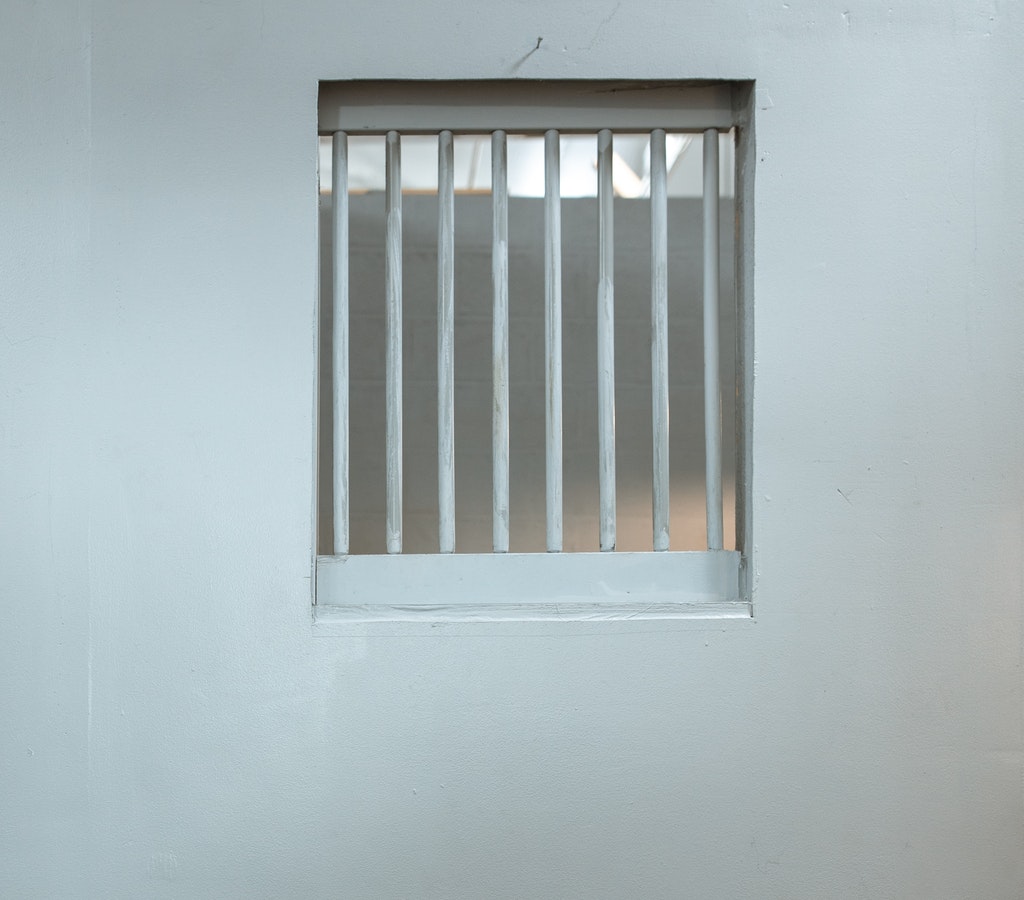Yes. Lawmakers proposed the “Emergency Community Supervision Act” in the U.S. House of Representatives this year. The goal of the bill is to reduce prison populations during pandemics. Smaller prison populations would help control the spread of disease.
The ACLU praised the bill as a good decision for COVID-19 relief. They believe that Congress should include the act in future COVID-19 relief bills. Lawmakers wrote the act to help with COVID-19. But its changes would also apply to future diseases.
How can the Emergency Community Supervision Act reduce prison populations?
The Act could reduce prison populations in three ways. First, it allows the release of certain incarcerated people to community supervision. Second, it makes courts rely less on pretrial detention. And third, it suspends prison sentences for some parole violations.
Lawmakers hope to keep people and prison and the public safe with these changes. Remember that COVID-19 spreads faster in prison. So reducing the prison population slows the spread a lot.
Who will the Emergency Community Supervision Act help the most?
“Health, mental health and substance abuse problems often are more apparent in jails and prisons than in the community,” according to the CDC. This is especially true for viruses. Most viruses spread quicker when people are close together. This makes it easy for COVID-19 and other illnesses to spread in prisons.
The Emergency Community Supervision Act focuses on prisoner safety. It protects medical conditions which include the following:
- Pregnancy
- Breathing problems like asthma and lung disease
- Heart failure and disease
- Diabetes
- HIV
- Sickle-cell anemia
- Cancer
- A weak immune system
Doctors say these issues put you at risk of serious illness or death if you contract COVID-19.
The Emergency Community Supervision Act also applies to prisoners older than age 50. And it applies to prisoners with 12 months or less left on their sentences as well.
If you meet these criteria, the Act will not shorten your sentence. But it could get you out of prison and into community supervision. If you haven’t gone to trial or sentencing, it could also result in your release until trial. This possibility only applies to people charged with non-violent crimes.

What happens when the COVID-19 pandemic ends?
The Emergency Community Supervision Act allows at-risk prisoners out of prison during the pandemic. This could mean finishing your sentence under community supervision. Or it could mean a release until trial. But what happens when the COVID-19 national-emergency declaration ends?
Prisoners released under the act might not have to go back to prison. Instead, they would remain under supervision or on release until trial. There are exceptions to this, including if you commit a crime after release under the act.
The Takeaway:
Many prisoners deal with health, mental health and substance abuse problems in prison. It’s not easy, and that’s even more true during the COVID-19 pandemic. The Emergency Community Supervision Act aims to take these problems more seriously. So far, Congress and the president have not made the act law. But it’s something to keep your eye on.






